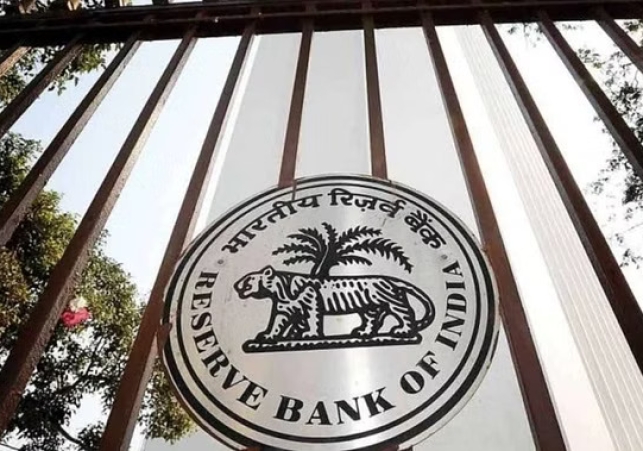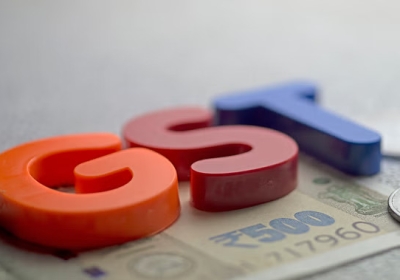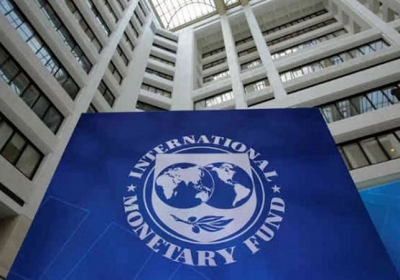RBI: Despite global shocks, GDP will grow at 6 per cent in the current financial year, and economic stability will be strong
- By --
- Tuesday, 19 Sep, 2023
ccRBI said in the monthly bulletin that due to the withdrawal of Rs 2,000 notes, the growth of currency in circulation (CIC) has come down to 4 per cent from 8.2 per cent. Around 93 per cent of Rs 2,000 notes have returned to the banking system as deposits till August 31. Ashima Goyal, a member of the Monetary Policy Committee (MPC) of the Reserve Bank of India (RBI), said that the country's economic growth rate would be more than six per cent in the current financial year. The government has managed to maintain solid economic stability and performance even in times of major global shocks. Goyal said India's export growth is slowing down due to the worldwide recession. The prices of oil and food items are increasing due to tension between countries. Inclement weather is also one of the risks the country faces. The country's economic growth rate was 7.2 per cent in 2022-23. The central bank has estimated the economic growth rate to be 6.5 per cent in the current financial year. Goyal said companies' inflation estimates for a long time had been around four per cent. This means that despite cost shocks, their appreciation does not exceed four per cent. Retail inflation has come down to 6.83 per cent in August. According to Goyal, even in the face of repeated supply shocks (like the Ukraine war), monetary tightening should be sufficient to control inflation expectations. However, it is slower that a significant development is sacrificed.
There may be a delay in expenditure due to political uncertainty in the election year.
Goyal said government capex creates opportunities for private capex in steel, cement, logistics, and green infrastructure. In a virtuous cycle, private capital expenditure will continue to grow in step with GDP, even if there is some delay due to political uncertainty in an election year.
The growth rate of currency circulation decreased to 4 per cent.
RBI said in the monthly bulletin that due to the withdrawal of Rs 2,000 notes, the growth of currency in circulation (CIC) has come down to 4 per cent from 8.2 per cent. Around 93 per cent of Rs 2,000 notes have returned to the banking system as deposits till August 31. On Monday, RBI said that the last date for the exchange of Rs 2000 notes is September 30. Of the total notes returned to banks, about 87% were in the form of deposits, and the remaining 13% have been exchanged.
Concerns about recession in China and Europe
In the monthly bulletin, RBI said there are concerns about the recession in China and Europe. The impact of aggressive monetary tightening is spreading. The pace of housing, bank credit and industrial production in the service sector is declining. RBI Deputy Governor Michael Patra has written the article. India's G20 chairmanship and its outcomes with the ethos of Vasudhaiva Kutumbakam assume significance in an environment where global economic activity is experiencing a slowdown due to a dichotomy in macroeconomic conditions across sectors.



.png)


